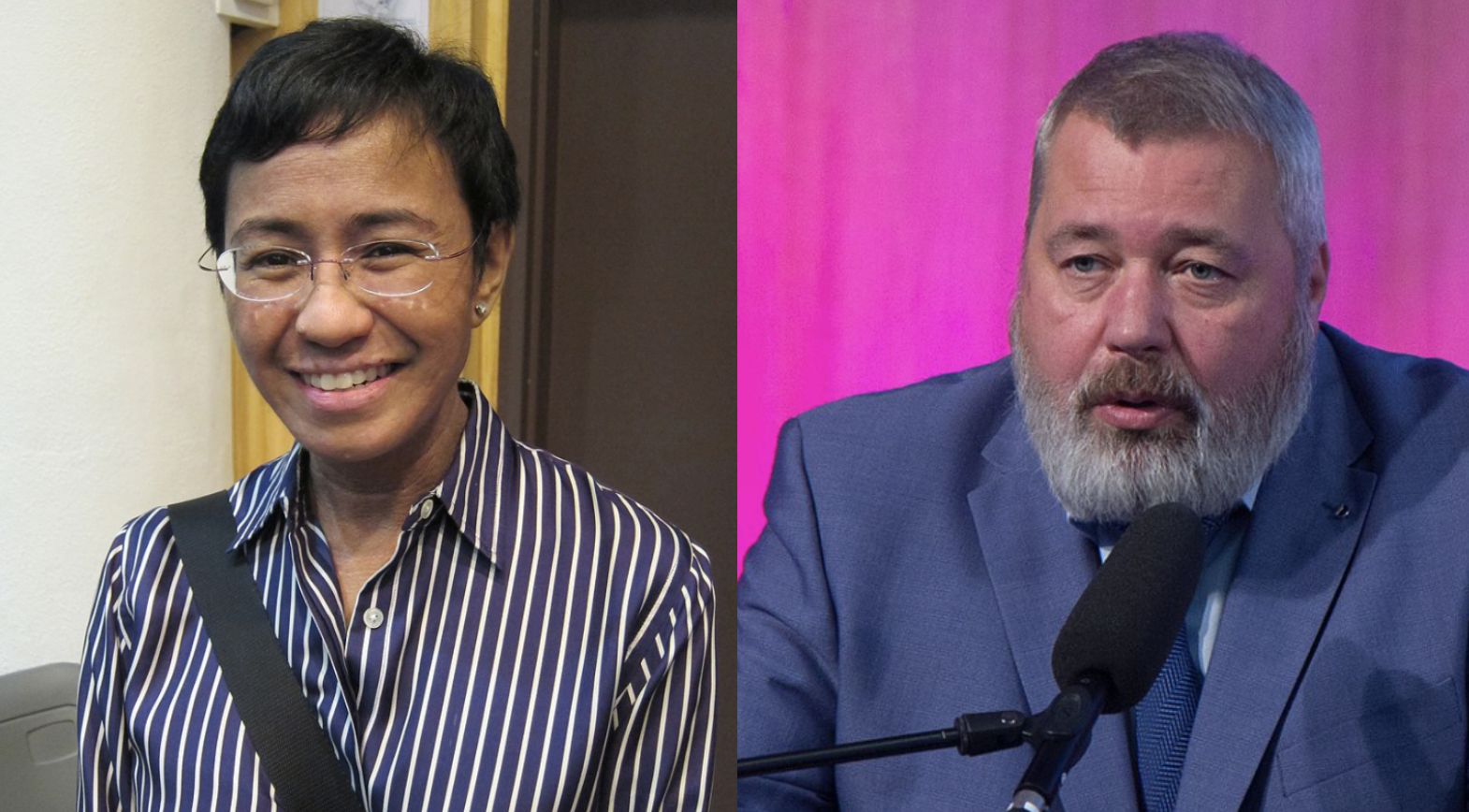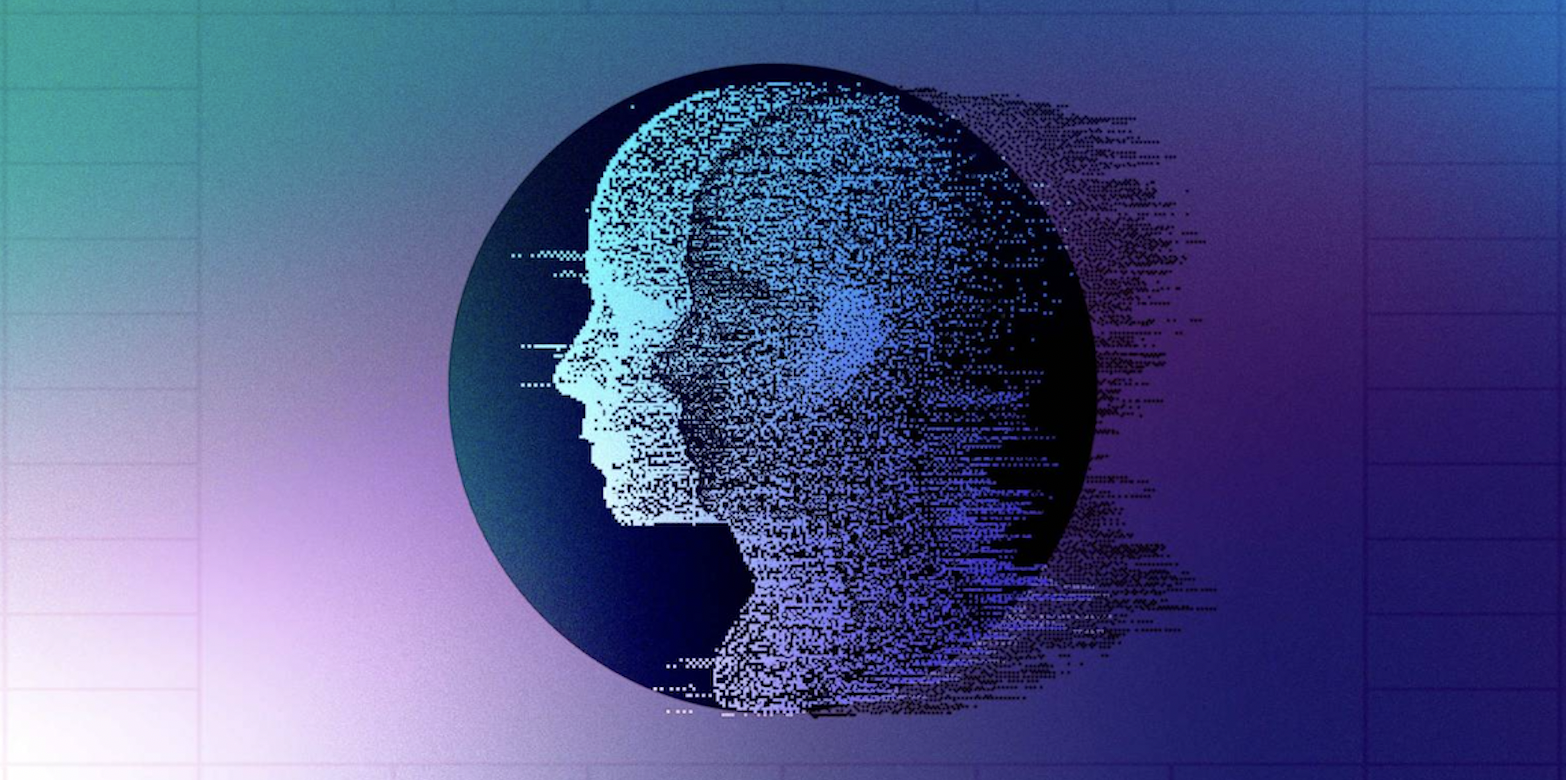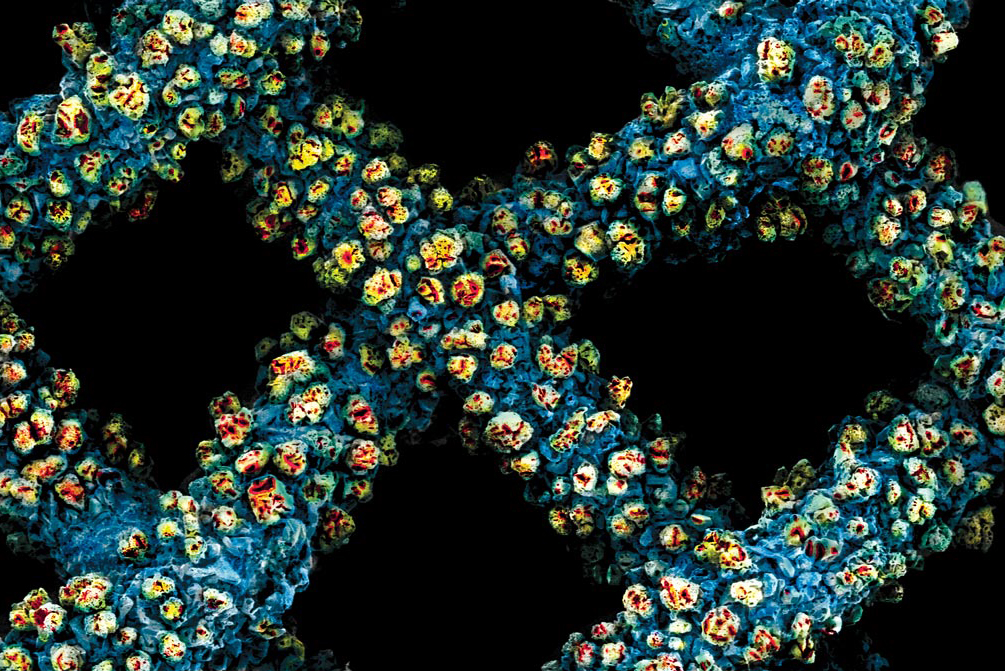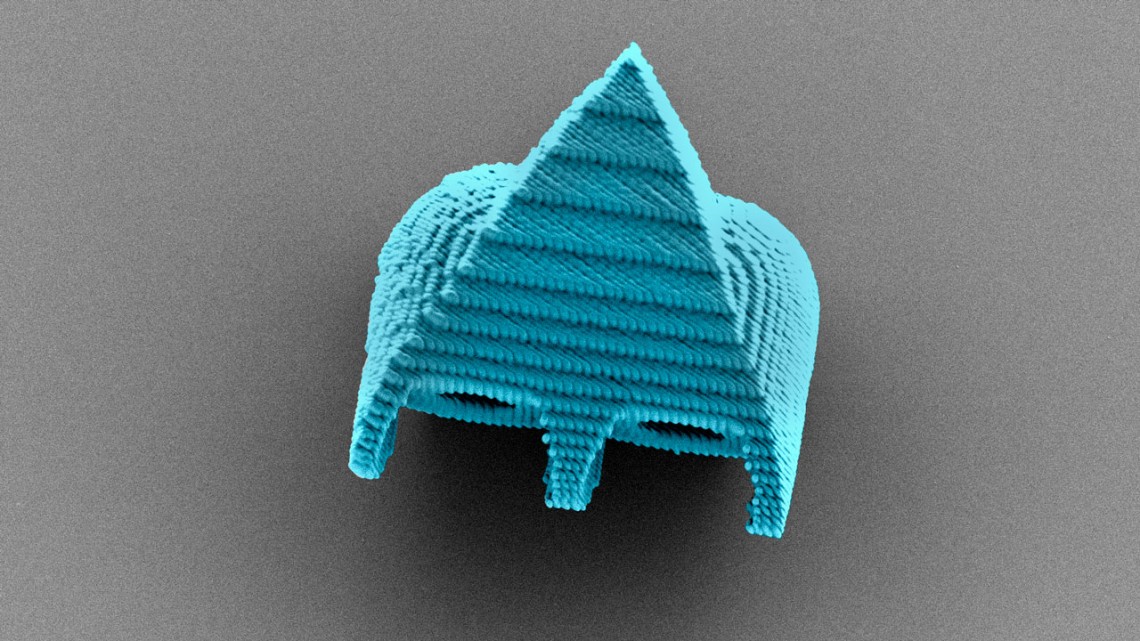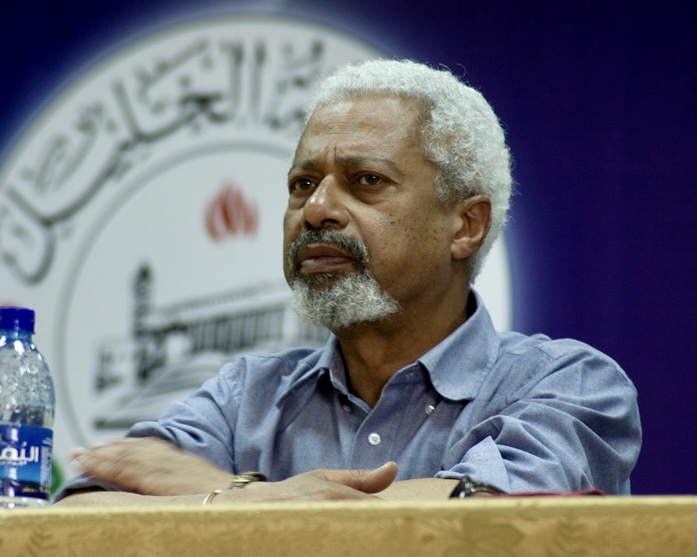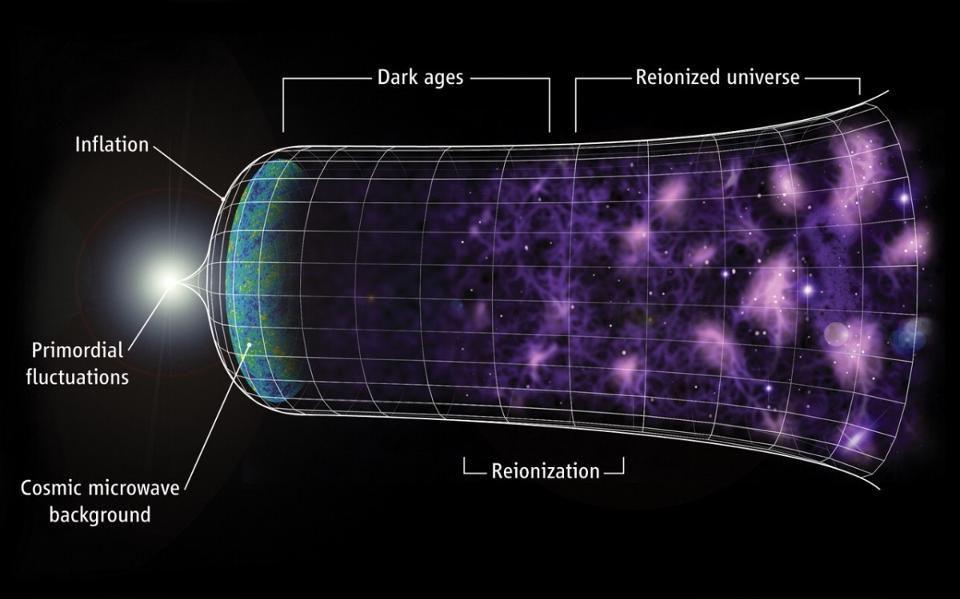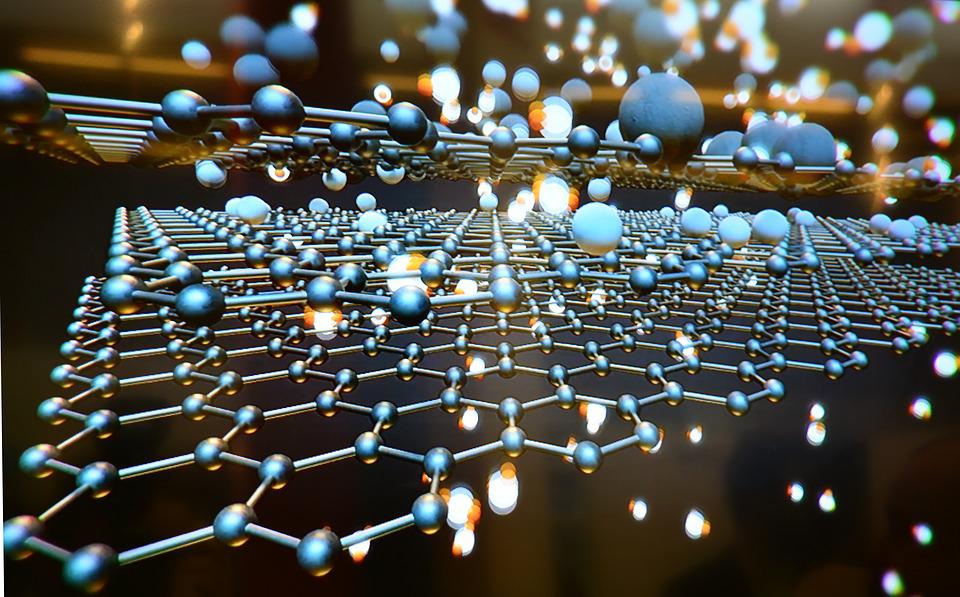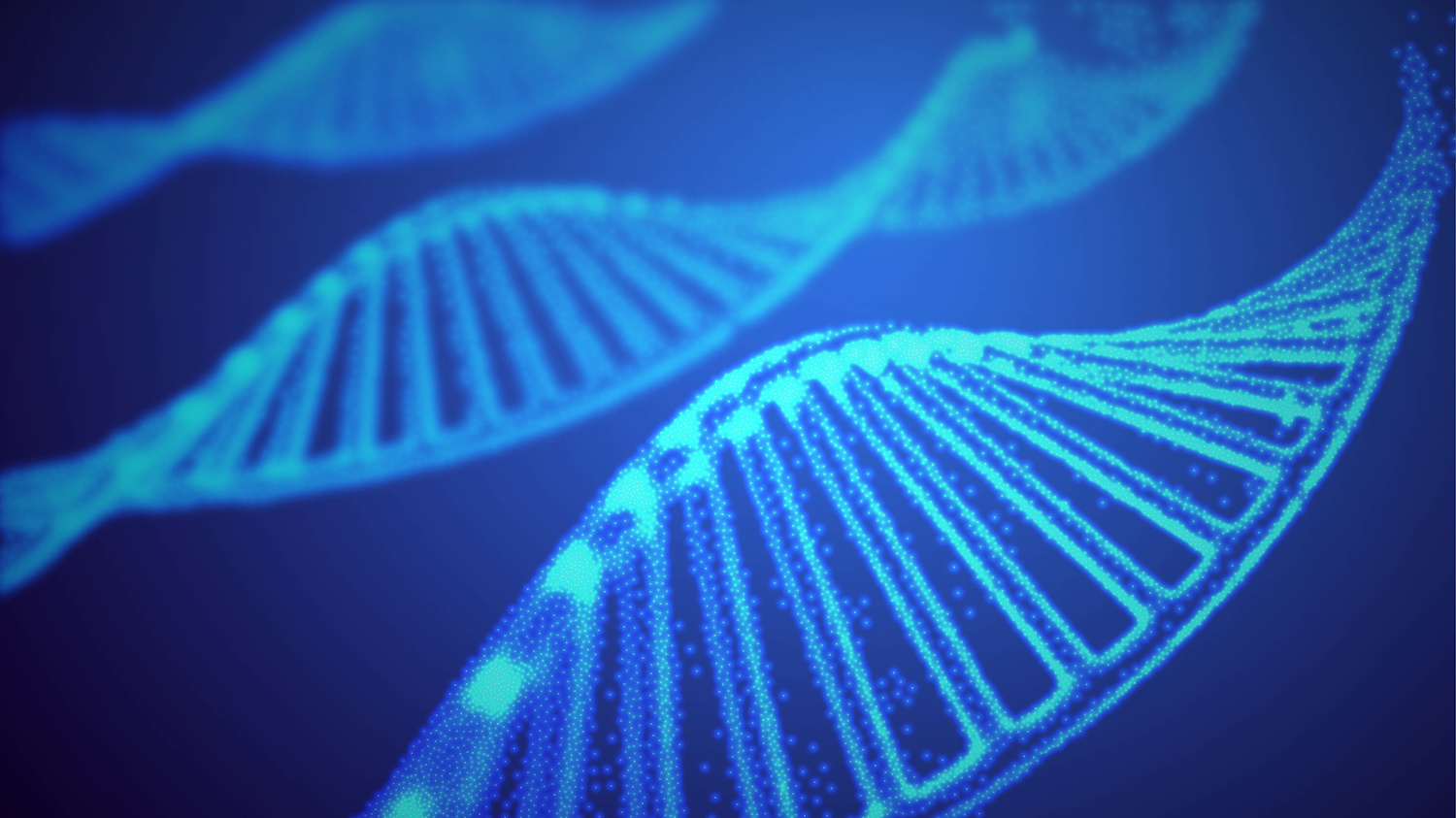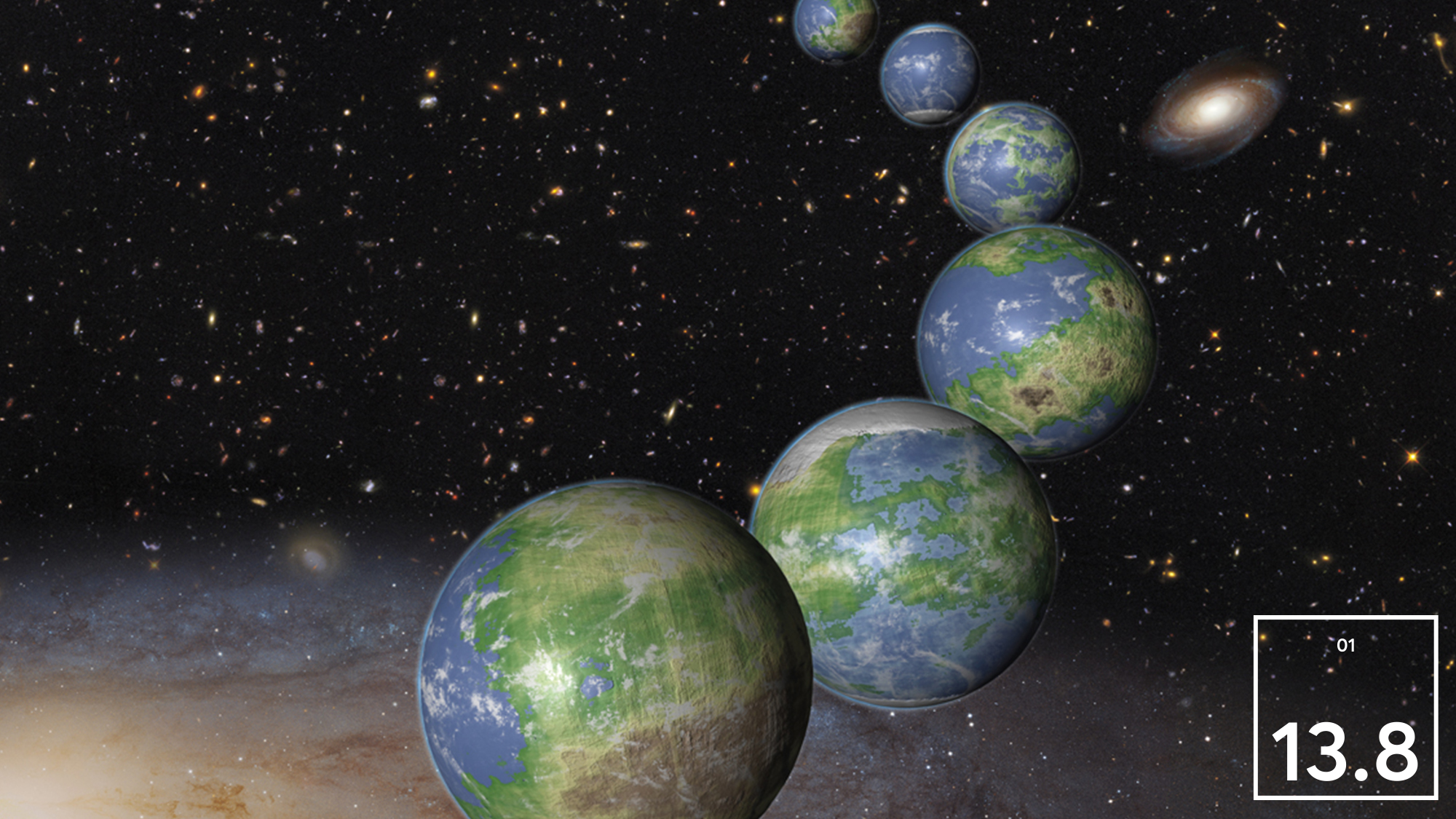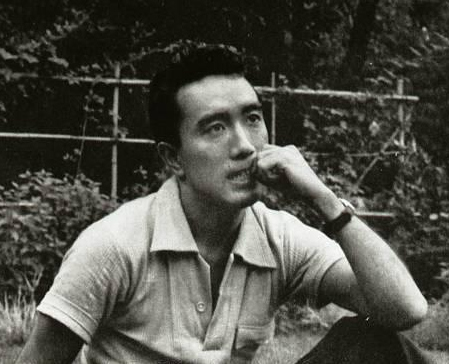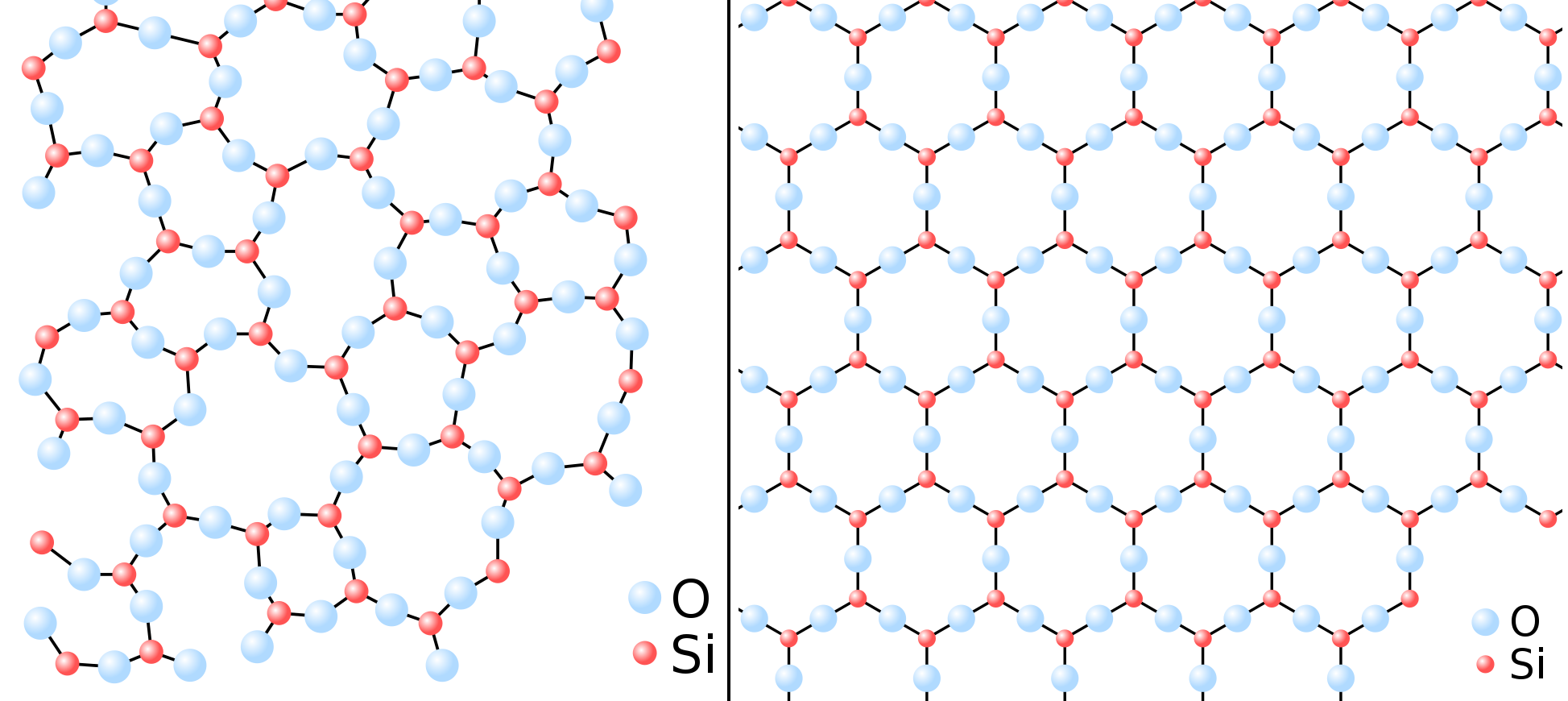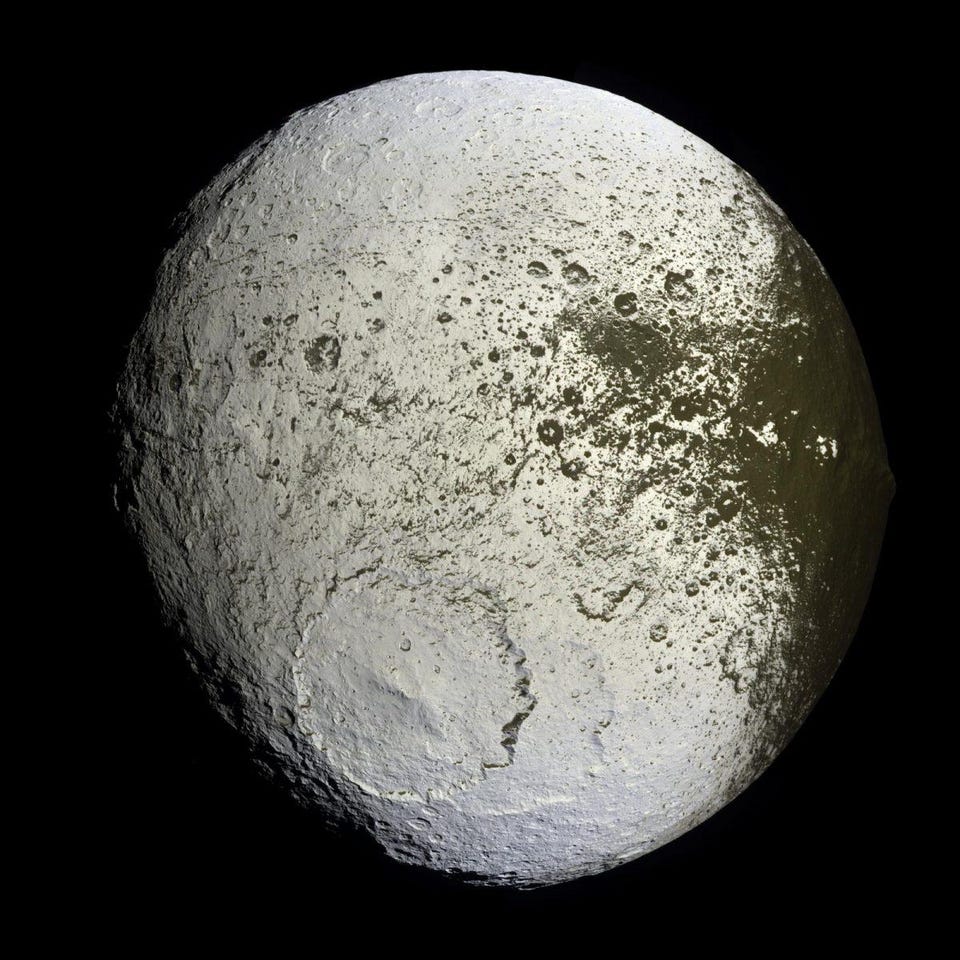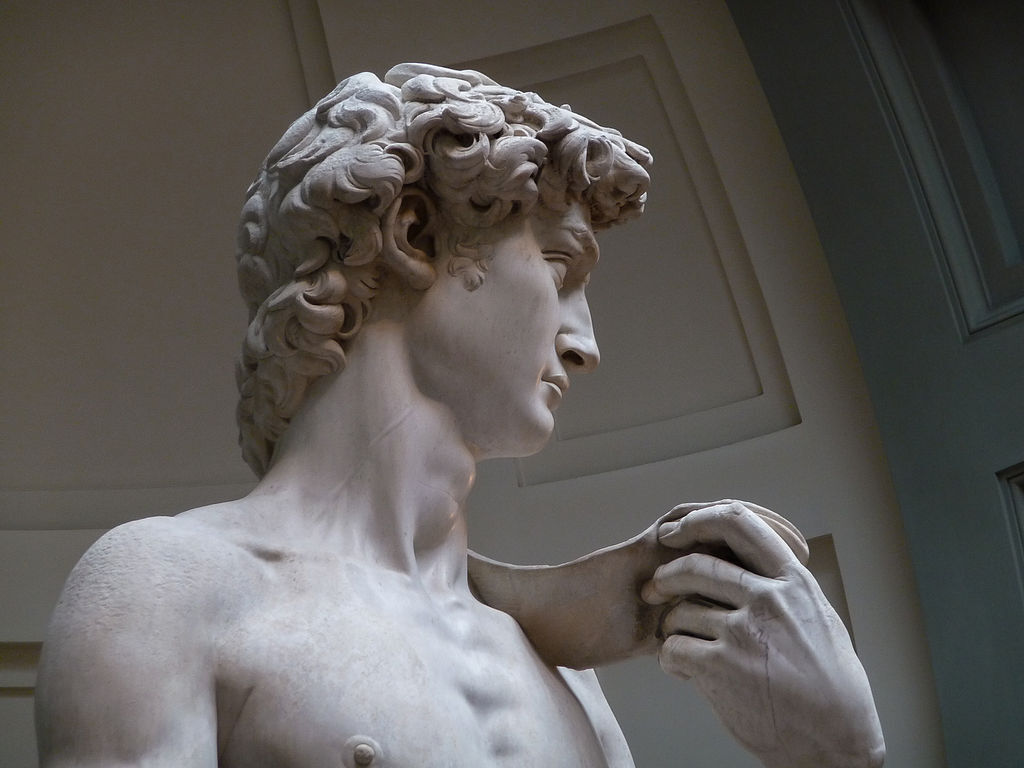Chemical energy, where electrons transition in atoms, powers the reactions we see. But two other types hold more promise than all the rest.
All Articles
More than pay or advancement, people are seeking a better fit between their own and corporate values.
Both journalists have put themselves in danger to shed light on corruption and abuses of power in their home countries.
Mind Bank Ai is the newest entrant in an ambitious idea: using AI to create a kind of immortality.
Without Benjamin List and David MacMillan, chemists would still be using metals and enzymes to catalyze chemical reactions.
Guided by ultrasound waves, swarms of microrobots could soon be used to deliver medicine to targeted sites in the body.
Our temporal experience of the world is not divided into a series of neat segments, yet that’s how we talk about time.
People appear to have no qualms about sharing their locations, struggles, and relationships online.
The Swedish Academy honored the writer for his uncompromising inquiry into the lasting consequences of Africa’s colonization.
Many contrarians dispute that cosmic inflation occurred. The evidence says otherwise.
A new study shows that the Bernardinelli-Bernstein Comet is much larger than previously thought — potentially the largest ever spotted.
David Julius and Ardem Patapoutian were awarded the highest honor in medicine for their research into how human bodies make sense of and respond to the outside world.
Isaac Asimov’s “Foundation” series helped inspire the field of social physics, which uses math to understand crowd behavior.
Evidence shows that information is transmitted via “complex contagion.”
When “superstar” companies start to dominate their industries, consumers sometimes benefit.
From wearable electronics to microscopic sensors to telemedicine, new advances like graphene and supercapacitors are bringing “impossible” electronics to life.
A new study suggests that hunting dogs’ barks convey emotional information about the animals they see.
Why do people own so many unused possessions, treating them as though they are too special to use?
The development of the revolutionary gene-engineering tool CRISPR is a tale fit for the big screen.
The mediocrity principle is often used to make claims about the abundance of life across the universe, but these claims are likely unfounded.
Yukio Mishima treated his life as if it were a story — one with a surprising and deadly final act.
“Theory of mind” enables all people to naturally infer other people’s mental states. Psychopaths don’t seem to put much effort into the process.
It’s not for climate science and condensed matter physics. It’s for advancing our understanding beyond spherical cows.
A decade ago, scientists weren’t able to confidently connect any individual weather event to climate change, even though the warming trends were clear.
A new study suggests that depressed people may prefer a Leonard Cohen or Bob Dylan song to one from The Beach Boys or One Direction.
Why should we rely on scientific conclusions even though they cannot be proven? A new essay offers compelling reasons.
Bolsheviks planned to erect a towering monument to the socialist cause, but their quixotic ideas never got off the ground.
Saturn’s Iapetus, discovered way back in 1671, has three bizarre features that science still can’t fully explain.
For some people, the emotional pull of fictional characters is profoundly strong.
Although the statue’s political connotations faded over time, its eyes remain fixed on a key moment in Florentine history.


